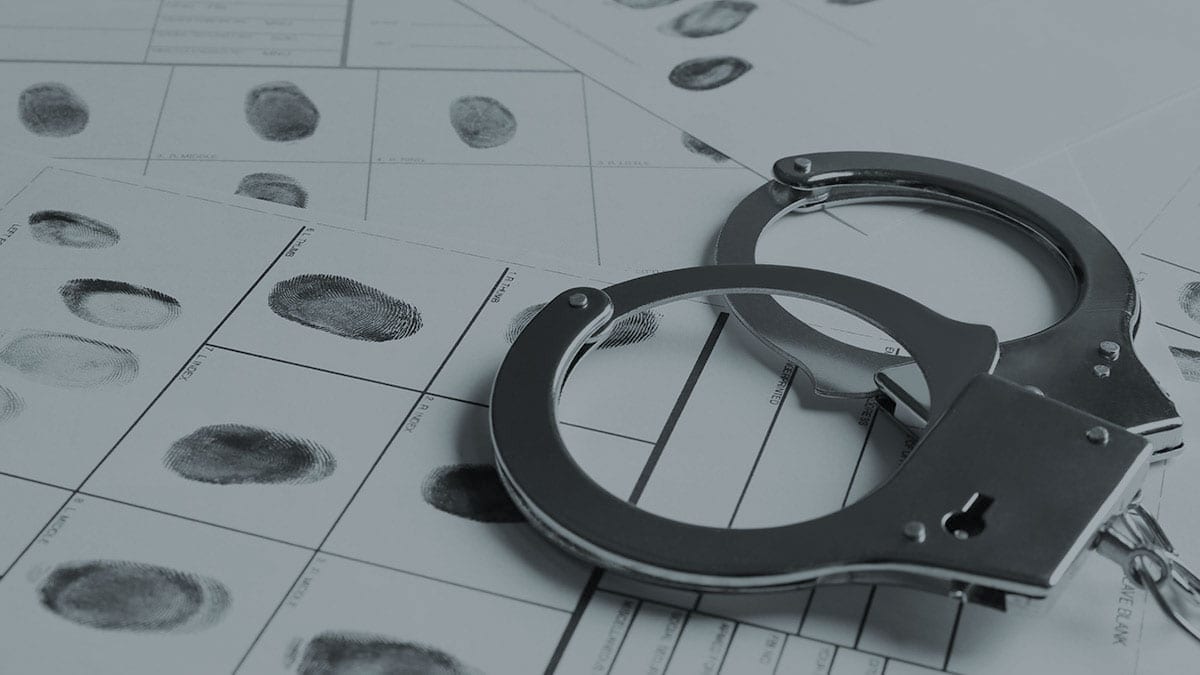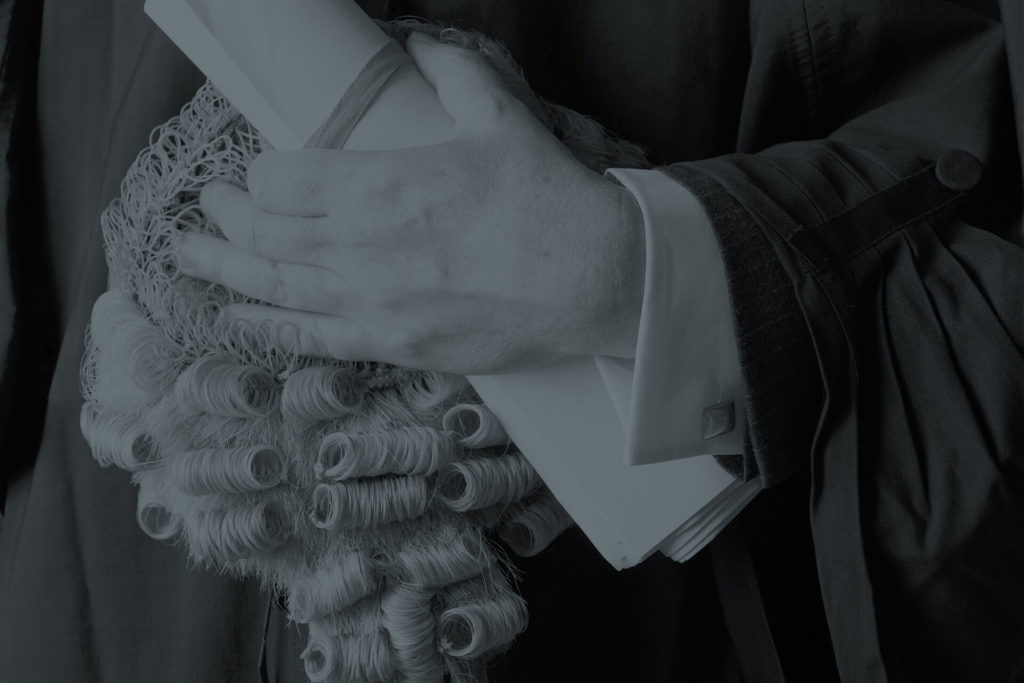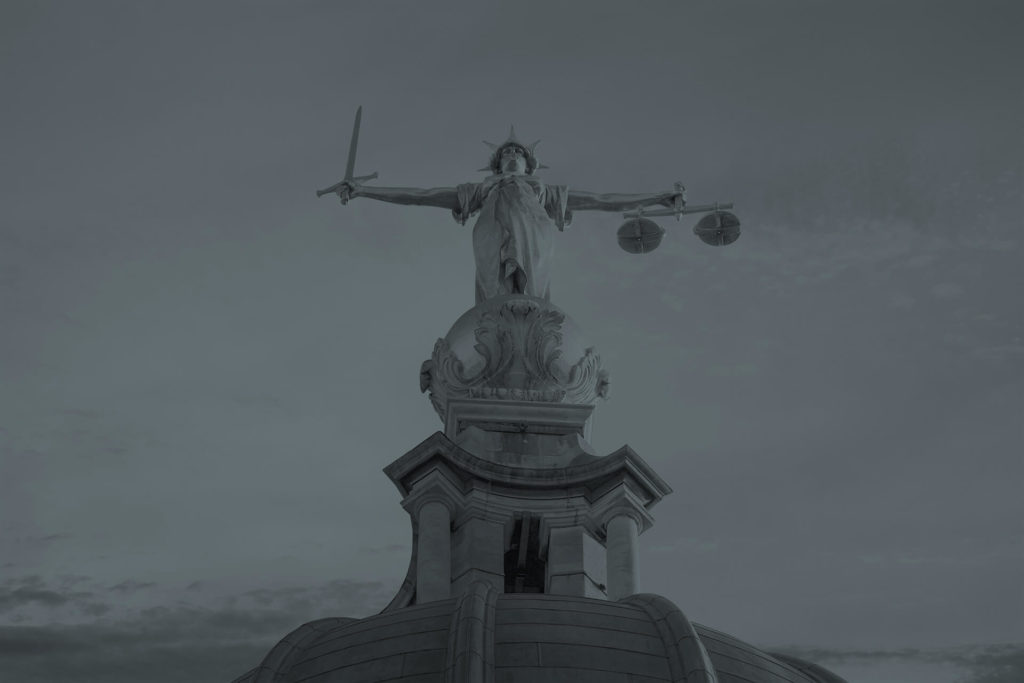Send your enquiry.
Contact us for a free, initial no obligation consultation.
"*" indicates required fields
Your information is safe and treated in accordance with our Privacy Policy
If you have been arrested for drugs offences, you need to get expert legal advice straightaway. You are entitled to free legal representation at the police station. Afterwards, you may be eligible for legal aid.
Drugs offence solicitors London
Have you been arrested for a drugs offence? Contact us now at Ashmans Solicitors. Our criminal defence solicitors can represent you, starting with free legal advice at the police station. We are available to take your call 24 hours a day, 7 days a week.
Why do I need a solicitor for drugs offences?
Drugs offences are serious. Even being found in possession of a class C drug can have profound implications. The police may offer you a caution, and you may be tempted to accept this to avoid further legal proceedings. However, did you know that a caution stays on your criminal record forever – even if it is a youth caution? This means it will show up any time someone searches your record or requests a police certificate. This could prevent you from pursuing certain careers in the future, or could create difficulties if you want to emigrate to (or even visit) another country.
Other types of drugs offences can have much heavier penalties. If there is an intent to supply, for instance, then you could face a prison sentence. The same is true if you are convicted of drug trafficking, drug smuggling or producing a controlled substance. You may subsequently be subject to confiscation proceedings. This is when any assets acquired through illegitimate means (such as money made from illegal drugs) are seized. This could lead to your property, vehicles and other possessions being taken away.
Therefore, you need to get expert legal advice before you answer any police questions. Otherwise, you may accidentally incriminate yourself. Or, you may agree to something which you later regret. A solicitor can fight your corner, ensuring you achieve the best possible outcome in the circumstances. A solicitor can tell you what to say – and what not to say – at a police interview. They can advise you of your rights and counter any allegations put forward by the police. This could see that the charges against you are dropped in the early stages. If your case does proceed to court, your solicitor can represent you throughout, putting forward a strong defence to prove your innocence.
Contact a solicitor now
It does not matter what type of drug-related offence you have been arrested for. You may have been found with a small amount of cannabis on you. Or, you may have been linked to a drug trafficking ring. Either way, the advice remains the same: contact a solicitor straight away. This means as soon as you are taken to the police station. Remember, you are entitled to free legal representation at the police station. If you request legal representation, the police cannot question you until you have spoken to a solicitor.
So, when you arrive at the police station, say that you want to speak to a solicitor. This can either be the duty solicitor. Duty solicitors are available 24 hours a day under the Duty Solicitor Scheme and offer free legal advice to those who have been arrested. Or, you can contact your own solicitor, such as one of the criminal defence solicitors here at Ashmans. We are also available to take your call 24 hours a day, 7 days a week. A solicitor will likely attend the police station to be with you. If it is a minor offence, they may tell you what to do over the phone.
Police station representation is always free under legal aid. You do not need to worry about the cost of contacting a solicitor. You will not be charged for getting legal advice.
What will happen next?
One of the many benefits of contacting a drugs solicitor is that your solicitor can request disclosure from the police. This means they can find out exactly what evidence they have against you. You can rarely achieve this without legal representation. You and your solicitor can then discuss the situation in private, knowing precisely what evidence the police have against you. This allows you and your solicitor to create a strategy before police questioning.
During the police interview, your solicitor can advise you which questions to answer and how to answer them. Your solicitor can also object to any questions that are not relevant or that are misleading. With this guidance, you can be confident that you are not accidentally incriminating yourself, and that you are giving your case the best chance of success. What happens next depends on the nature of the allegations and whether or not the police decide to lay formal charges.
If the police have little evidence against you and you have not confessed to any drugs offences, you may be released without charge. This means the matter is closed and you are free to go. However, if the police suspect that you have committed a criminal offence, then you may be released under investigation. The police will continue with their investigation, after which they will decide what to do. Or, you may be arrested and told to await court proceedings. If the offence is minor, you may be given a formal caution instead – but only if you agree to it. Your solicitor can advise whether or not to accept a caution.
Will I go to prison for drug offences?
Not all drug offences lead to a period of imprisonment. You may receive a community order, a warning, a caution or a suspended sentence (which is when you serve your sentence in the community, rather than in custody). If you are found guilty of a drug-related offence, the penalty you receive will depend on:
- The type of offence
- The type of drug
- Your role
- Mitigating factors
The type of offence
There are different drug-related offences under UK law. The most common include:
- Possession
- Possession with intent to supply
- Drug trafficking
- Production of a controlled substance
- Driving under the influence of drugs
Some offences are considered more serious than others. If you are found with a small amount of cannabis on you, for example, then you will likely be charged with possession. But if you are found with lots of packets of cannabis, then the police will say that you intended to supply the drug to others. If so, you will likely be charged with possession with the intent to supply. This is a much more serious offence than possession. As such, the maximum sentence is greater.
The type of drug
Illegal drugs are classified as class A, class B and class C drugs. Class A drugs are considered the most serious, followed by class B drugs, with class C drugs deemed to be the least serious. In practical terms, this means that someone who is found to be supplying class A drugs will be dealt with more harshly than someone who is found to be supplying class C drugs. The number of drugs will also be taken into consideration.
Your role
The court will want to know what your role was in relation to the offence. Were you a central figurehead who was running a criminal organisation? Or did you occupy a lesser role, with no clue as to where the illegal substance came from? This will influence the severity of the sentence if convicted. The legal system recognises that some offenders are not as culpable as others, while some may even have been forced or coerced into co-operating.
Mitigating factors
Mitigating factors are any factors that should persuade the court to show leniency during sentencing. Mitigating factors might include:
- A good character
- Co-operation with the investigation
- Genuine remorse
Criminal defence solicitors London
If you have been arrested for a drugs offence, contact us now at Ashmans Solicitors. We deal with all types of drug-related offences, including driving stoned and can help you, no matter where you live in England or Wales. We can represent you at the police station, during a criminal investigation and in court. We specialise in criminal law and will provide a robust defence, securing the best possible outcome on your behalf.
Call us on 0333 009 6275. We are available to take your call 24 hours a day, 7 days a week.
You can also email us on enquiries@ashmanssolicitors.com or complete our Free Online Enquiry Form and we’ll be in touch soon.




